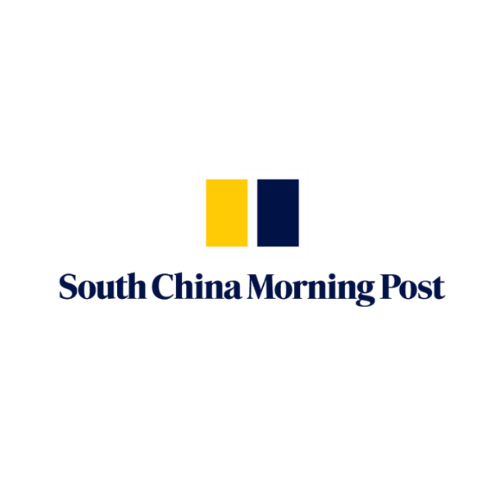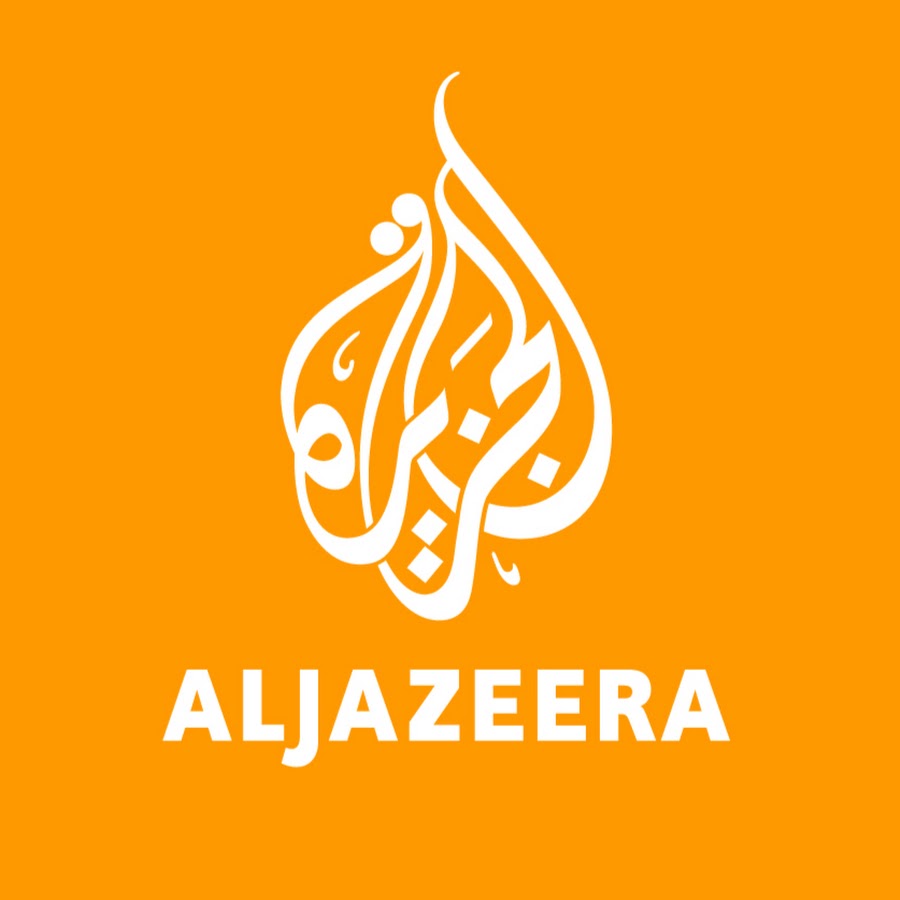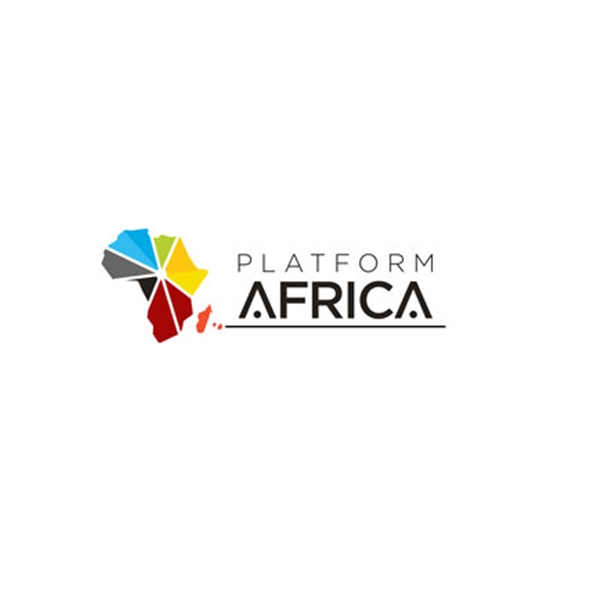- ‘We have seen an increase in visitors … certain Chinese customers, who have not been buying from us for a long time, have resumed’, one trader said
- Gifts of gold at Lunar New Year are thought to bring luck to both giver and receiver. China is the biggest consumer and producer of the precious metal
China’s reopening ahead of the Lunar New Year holiday has brought back the lustre of gold in two of Asia’s most important financial hubs – Hong Kong and Singapore.
A steady stream of Chinese visitors since borders reopened on January 8 has stoked up premiums on gold – a mark-up paid to secure speedy deliveries and cover overhead costs – by around 300 per cent to US$3 an ounce from a year ago, dealers say.
Spot gold prices – what the customer on the street actually pays – are hovering around an eight-month peak of US$1,900 an ounce in global markets.
“It’s early days yet, but we have definitely seen an increase in visitors over the past week. Certain Chinese customers, who have not been buying from us for a long time, have resumed,” said Padraig J Seif, Founding Partner of the Hong Kong based-Precious Metals Asia.
Traditionally, gold buying peaks in the run up to Lunar New Year, which this year falls on January 22. Visitors from the mainland like to shop in Hong Kong and Singapore because of the high quality of precious metal products such as jewellery and coins.
“Gold holds a special place for Chinese people, it symbolises wealth and prosperity, making it a popular choice for Lunar New Year gifting,” said Hong Kong-based Chow Tai Fook Jewellery Group in a statement, adding that it had seen an increase in gold purchases recently and was expecting a “surge in demand for bridal jewellery as 2023 is considered to be an auspicious year for couples looking at tying the knot”.
Buying momentum likely to increase
Around 64,000 mainland Chinese visitors have streamed into Hong Kong since borders reopened. That flow is expected to increase as a quota of 50,000 travellers per day across four land border checkpoints will be raised to 65,000 a day for four days from Wednesday.
City authorities have also announced that they would increase the number of daily rail tickets from Wednesday.
The momentum in gold sales is expected to last even after the holiday season because of around two years of pent up demand, as many Chinese people are still reluctant to travel because of Covid-19 but are expected to gradually start taking trips.
The holiday season also arrived earlier this year, as it often falls in February. Beijing’s abrupt U-turn on zero-Covid in late December surprised many people and did not give them enough time to firm up travel plans before Lunar New Year.
Gold has long been considered a way to store and lock in value, and demand for it spiked in Asian markets in the initial months of the pandemic in 2020 because of a climate of uncertainty. But the bullion trade in Asian hubs crashed soon after China imposed travel restrictions.
“Lot of people stopped buying because they were experiencing financial difficulties,” said Seif, whose sales revenue in the first two weeks of January has already surpassed that of the entire month a year ago.
It’s not just retail buyers of jewellery, either – long term investors are also turning back to gold. The US Federal Reserve is expected to this year soften its aggressive rate increases, which could make returns on the precious metal higher than on interest-bearing bonds.
Investors have also gravitated towards the precious metal because of its safe haven appeal due to geopolitical tensions such as the Russia-Ukraine war and the looming prospect of a global recession.
Investment bank Goldman Sachs expects gold to trend even higher than it is now later this year, at around US$1,950 an ounce.
Demand in China, the world’s largest gold consumer and also the biggest producer of the precious metal, is expected to have an important bearing on prices.
Like Hong Kong, Singapore’s gold trade is also benefiting from China scrapping travel restrictions with the city state bracing for overall visitor arrivals to rise to 12-14 million, around double the year before.
“Chinese gold demand is expected to drive the global market this year,” said Spencer Campbell, the Singapore-based director of SE Asia Consulting Pte Ltd.
“With the easing of restrictions in China, retail demand for gold is expected to increase in Singapore and Hong Kong as more people shop for gifts and jewellery to celebrate the Lunar New Year.”
Demand has picked up across Asia since late last year, he added.
Indian consumers – in second place after their Chinese counterparts – bought a record amount of the metal in the fourth quarter of last year.
Some Asian investors have switched to precious metals from cryptocurrencies after one of the largest global exchanges, FTX, went bankrupt in November following a surge in customer withdrawals.
Bitcoin, one of the most actively-traded currencies that soared to an all-time high of US$69,000 in November 2021, is now trading at around US$21,000.
However, one Singapore-based fund manager appeared unimpressed by gold’s charms and said savvy investors can take advantage of cryptocurrency volatility, with traders buying at low prices and selling when they rise.
“Gold may be a safe haven” but there were many other opportunities elsewhere for investors “to profit from price fluctuations”, said Anndy Lian, a partner at the Singapore-based Passion Venture Capital and author of the book NFT: From Zero to Hero.
Bullion dealers have said the increased purchasing of gold following China’s reopening is likely to last until the end of the first quarter. Chinese appetite for gold could well continue at the same brisk pace throughout the year if the economy revives and incomes bounce back, they noted.


Anndy Lian is an early blockchain adopter and experienced serial entrepreneur who is known for his work in the government sector. He is a best selling book author- “NFT: From Zero to Hero” and “Blockchain Revolution 2030”.
Currently, he is appointed as the Chief Digital Advisor at Mongolia Productivity Organization, championing national digitization. Prior to his current appointments, he was the Chairman of BigONE Exchange, a global top 30 ranked crypto spot exchange and was also the Advisory Board Member for Hyundai DAC, the blockchain arm of South Korea’s largest car manufacturer Hyundai Motor Group. Lian played a pivotal role as the Blockchain Advisor for Asian Productivity Organisation (APO), an intergovernmental organization committed to improving productivity in the Asia-Pacific region.
An avid supporter of incubating start-ups, Anndy has also been a private investor for the past eight years. With a growth investment mindset, Anndy strategically demonstrates this in the companies he chooses to be involved with. He believes that what he is doing through blockchain technology currently will revolutionise and redefine traditional businesses. He also believes that the blockchain industry has to be “redecentralised”.




